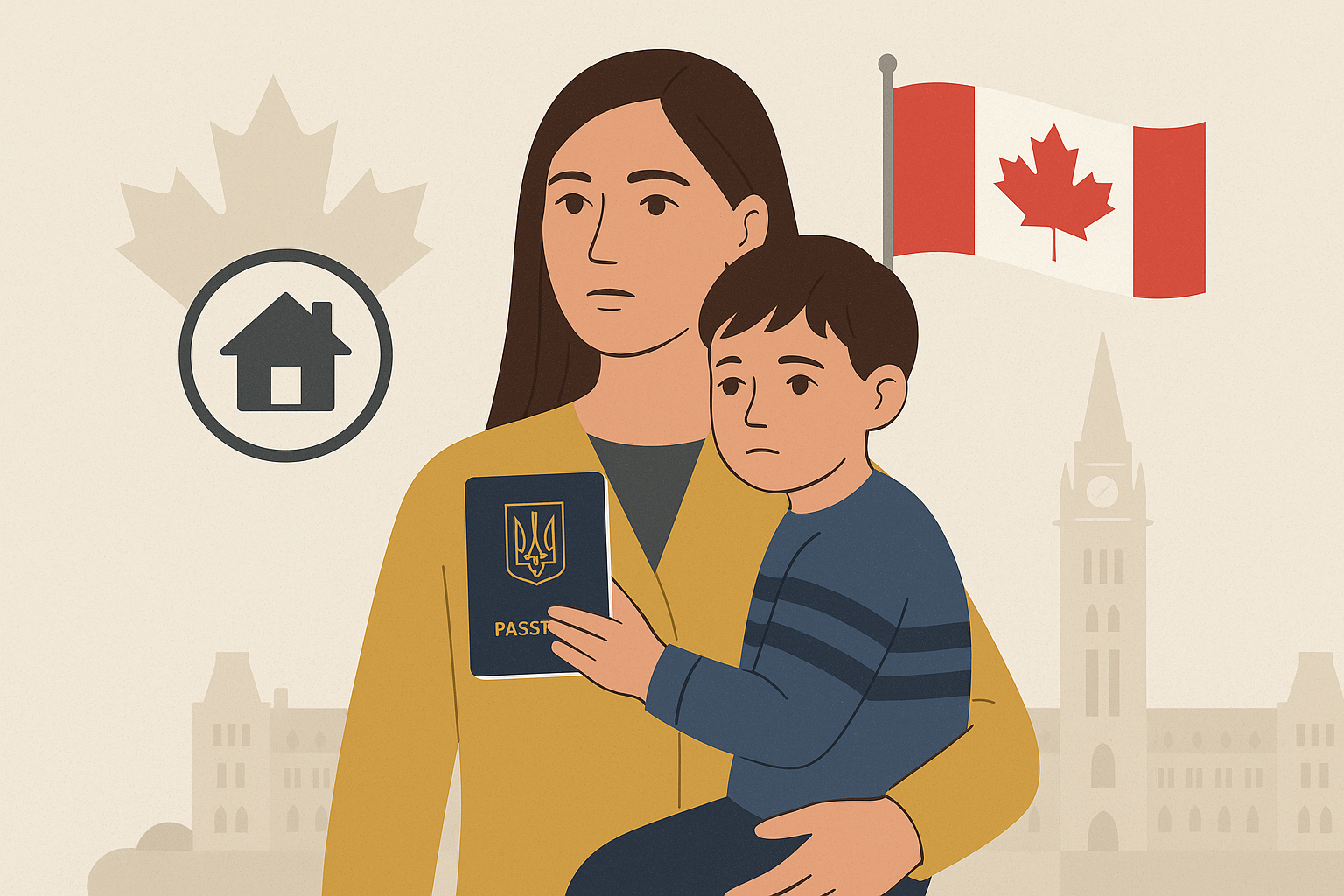
IRCC revised DNA-testing procedures—separating citizenship and immigration instructions, standardizing officer letters and GCMS recording, and adding virtual witnessing at select IOM offices. Tests must be SCC‑accredited and client‑paid, remain voluntary as a last resort, and affect Citizenship, Sponsorship, H&C and Refugee programs to improve consistency and fairness.
Soheil Hosseini
September 7, 2025
Jurisdiction
Federal
Week
Week 37
Impact
Low
Programs Affected
IRCC revises DNA testing procedures, adds virtual witnessing and standardized officer letter
Summary: IRCC has overhauled its DNA testing instructions, separating procedures for citizenship and immigration, introducing virtual witnessing at select IOM offices, standardizing officer communications, and formalizing how results are handled in GCMS to enhance consistency, integrity, and fairness.
Date of update: 2025-09-07
Source: IRCC In a program delivery update noted by IRCC (also referenced as September 5, 2025 on the program page), Immigration, Refugees and Citizenship Canada has restructured its DNA testing guidance in full, creating distinct instructions for citizenship and immigration where processes differ. The update codifies how officers receive, record, and review DNA results in the Global Case Management System (GCMS); clarifies next steps following positive or negative DNA outcomes or when a client chooses not to proceed; and introduces a standardized officer letter to ensure consistent communication across offices. Notably, IRCC has added procedures for virtual witnessing available at select International Organization for Migration (IOM) offices. IRCC reiterates that DNA testing is a last-resort, voluntary measure used when documentary evidence is insufficient to establish relationships central to immigration or citizenship determinations. Testing must be conducted through Standards Council of Canada (SCC)-accredited laboratories, with clients covering all costs. The standardized processes aim to safeguard procedural fairness by clearly outlining alternative evidence pathways and by harmonizing officer practices.
Programs affected: Citizenship, Sponsorship, Humanitarian and Compassionate (H&C), and Refugees.
Analysis: The revisions should improve national consistency and decision quality by aligning officer practices and enhancing auditability via GCMS. Virtual witnessing can reduce travel and logistical burdens, potentially accelerating cases, particularly in regions served by IOM. However, access may be uneven where virtual witnessing is not available, and the client-paid model continues to pose cost barriers for low-income applicants, including refugees and H&C applicants. Successful implementation will depend on clear officer training, robust privacy and chain-of-custody safeguards, and transparent communication so applicants understand when DNA is requested, alternatives available, and implications of declining.
Closing: Applicants and sponsors should expect clearer communications via the new standardized DNA letter, stricter adherence to SCC-accredited labs, and potential use of virtual witnessing at select IOM locations. The changes are designed to support accurate, fair, and timely decisions across citizenship and immigration streams.
Tags: IRCC, Canada immigration, DNA testing, GCMS, IOM, SCC-accredited labs, citizenship, family sponsorship, refugees, humanitarian and compassionate, program delivery update, virtual witnessing, procedural fairness, policy update
Categories
Share This Post
Stay Updated with Immigration News
Get the latest updates on Express Entry draws, OINP invitations, policy changes, and more delivered to your inbox.
We respect your privacy. Unsubscribe at any time.
Related Articles

Co-payments for IFHP
Effective May 1, 2026 IRCC will introduce IFHP co-payments: $4 per eligible prescription and 30% of the cost for other supplemental services (dental, vision, counselling, assistive devices), while core doctor and hospital care remain fully covered. Beneficiaries must pay registered IFHP providers at point of service and should consult the IFHP Provider Search and toolkit for details.

Protected-Person ID Guidance
IRCC (2026-01-20) clarified acceptable identity documents and statutory declarations for protected‑person PR applications, setting out R50 and R178 criteria and alternatives when national passports or documents cannot be safely obtained. Officers must not advise applicants to contact embassies; R178 permits pre‑entry IDs or statutory declarations with supporting third‑party or organization attestations, subject to genuineness, consistency and credibility checks, and PTRs may often use Single Journey Travel Documents or Canadian provincial/federal ID.

Family Reunification Extension
Canada allows Ukrainians who applied under the family‑reunification pathway (and their in‑Canada family members) to apply for open work permits, study permits, and extensions/restorations of temporary resident status until March 31, 2027—even without an AOR; standard fees apply. This preserves work/study/status while PR applications are processed and applies only to existing family‑reunification applicants.

Open Work Permit Guidance
On 2026-01-19 IRCC reorganized its Program Delivery Instructions for open work permit submissions under the International Mobility Program, grouping applicant types into clearer categories; this is operational staff guidance, not a change to eligibility. Stakeholders should review the updated IMP guidance and align filings and supporting documents to the listed categories to reduce submission errors and improve processing consistency.